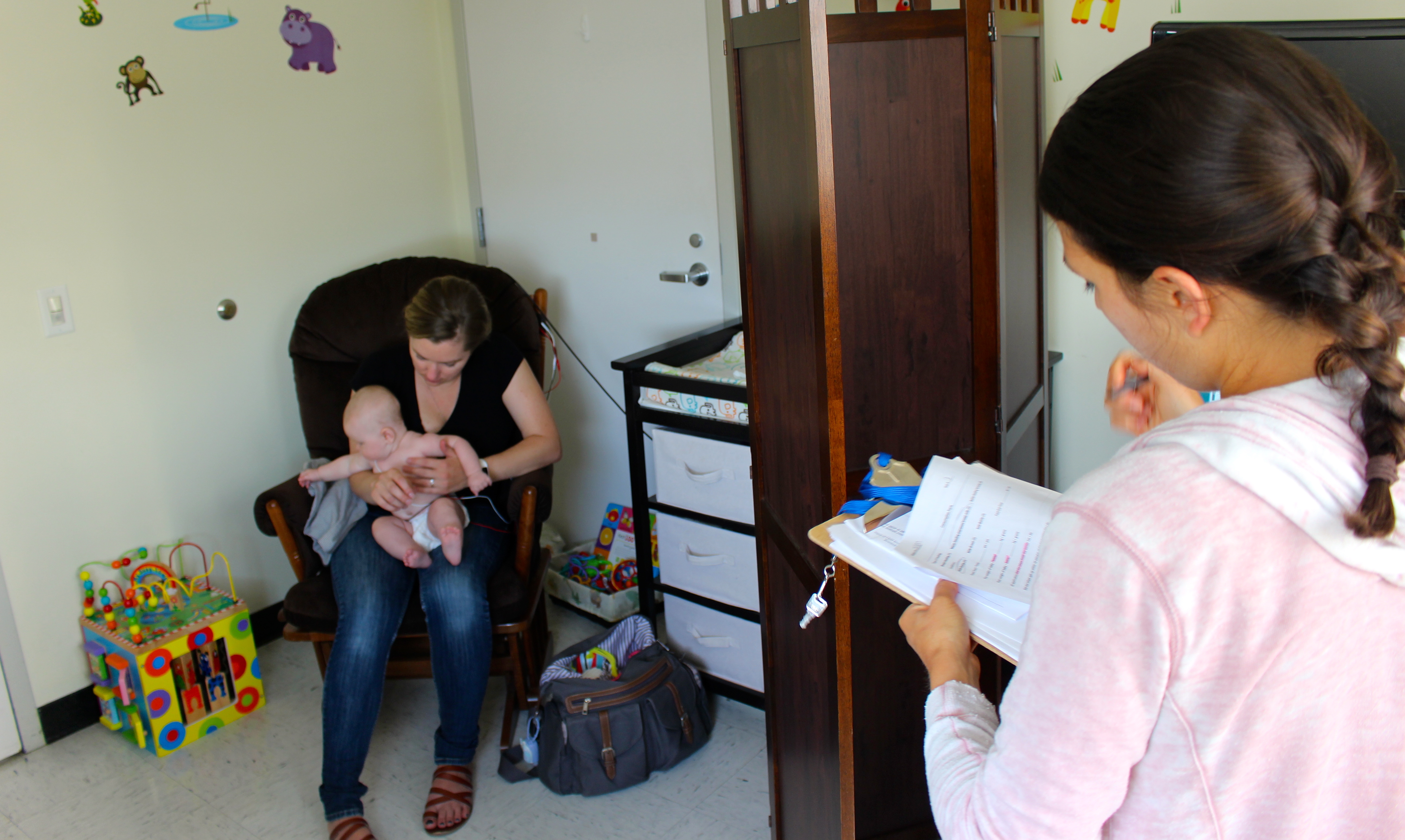Faculty Profile of the Quarter: Steve Klisch
Fall 2016
Steve Klisch's students work in the Cal Poly Human Motion Biomechanics Lab.
Each newsletter, STRIDE staff interviews one of the Center’s faculty affiliates. This fall, we are highlighting Steve Klisch, professor of Mechanical Engineering.
Role on campus and with STRIDE
Steve Klisch is the director of the Human Motion Biomechanics Lab at Cal Poly, a member of the STRIDE executive team, and a professor in the Mechanical Engineering Department. He studies knee biomechanics during exercise, looking at populations that have a high risk for knee arthritis, including obese participants. By filming the participants in the motion analysis lab and measuring the forces applied to their feet when they are exercising, Klisch and his team hope to reduce injuries in these high-risk populations.
“Obesity represents a tremendous healthcare problem,” Klisch said. “The number of people who are overweight or obese is staggering. It is a population we could make a huge impact on in regards to arthritis.”
Klisch currently has a grant from the Keck Foundation to study knee biomechanics in obese populations. The grant also has an educational component. Students are working with investigators to use the lab to develop course materials, such as learning modules for kinesiology courses.
Klisch was a seed funding recipient, has collaborated with researchers in the Kinesiology Department, and now serves on the Center’s executive board. STRIDE and the College of Science and Mathematics have been instrumental in his research, Klisch said. Dean Phil Bailey helped fund the lab, and Klisch works closely with kinesiology professor Bob Clark.
Other Grants
Klisch is keeping busy with two grants and 17 students working in the lab. In addition to the Keck Foundation grant, the U.S. Army awarded Klisch and his team $517,000 to study biomechanics in amputees.
Amputees have a high risk of arthritis in the knee of the intact leg. Klisch hopes to reduce this risk.
“We are hoping our results will be used to develop guidelines for exercises that will be safe for populations that are at risk for arthritis,” Klisch said.
To learn more about his work, read the San Luis Obispo Tribune article featuring Klisch.




